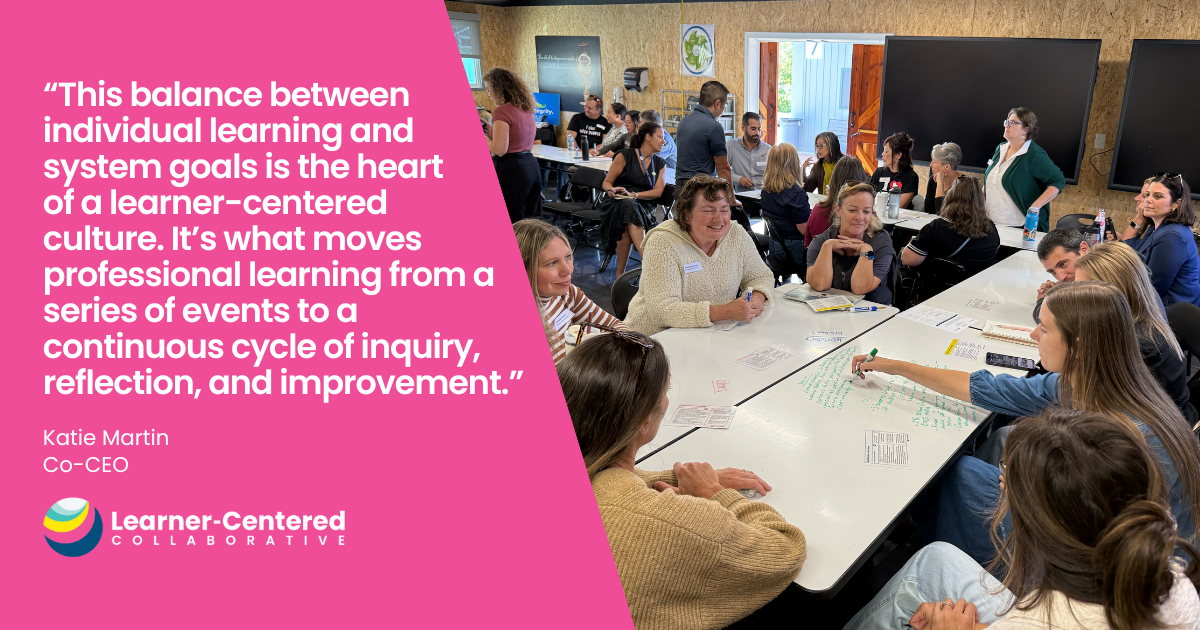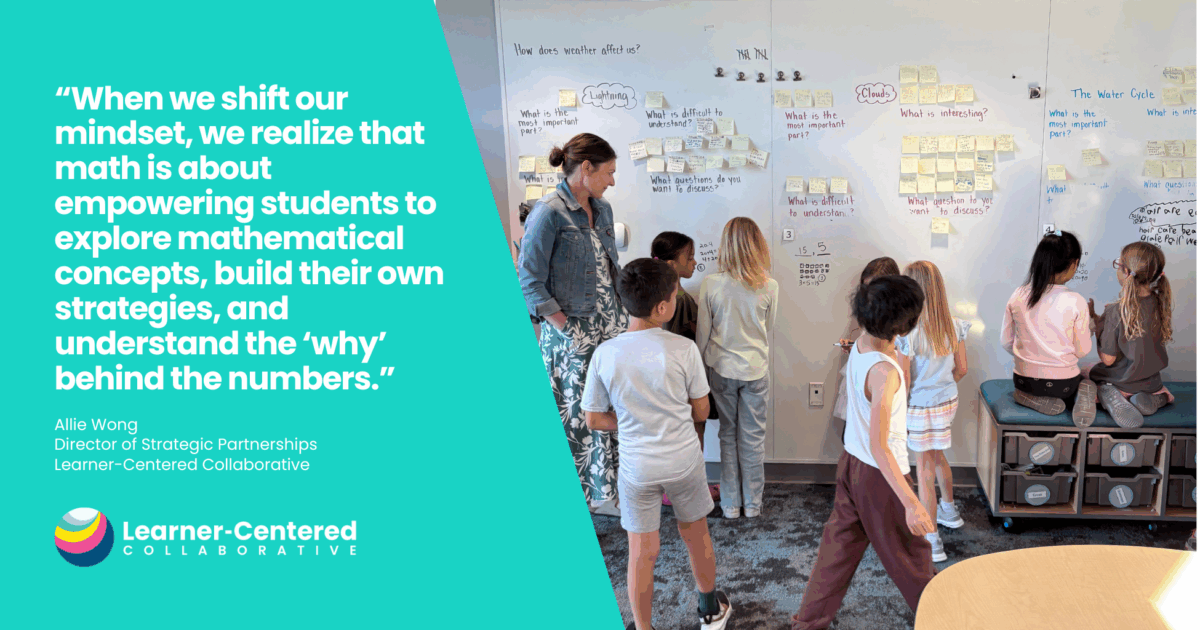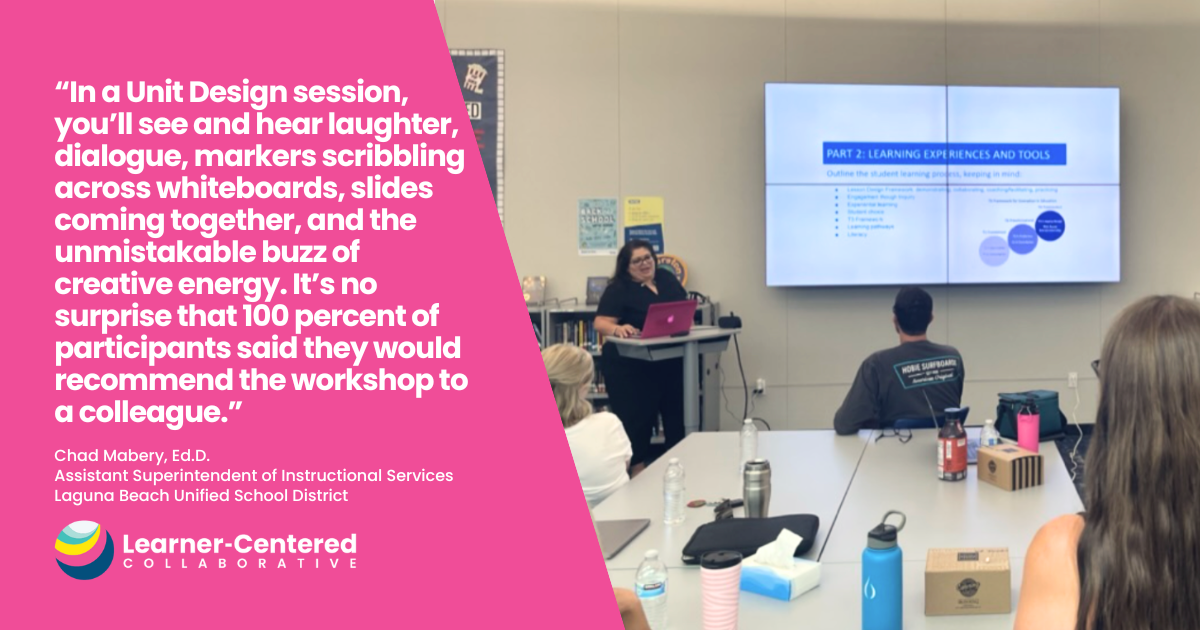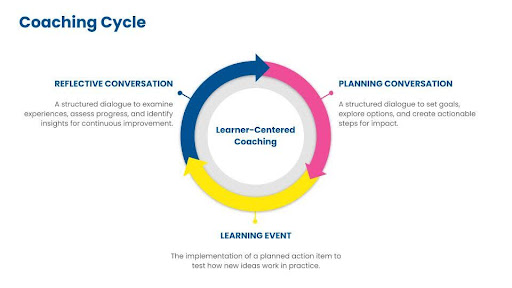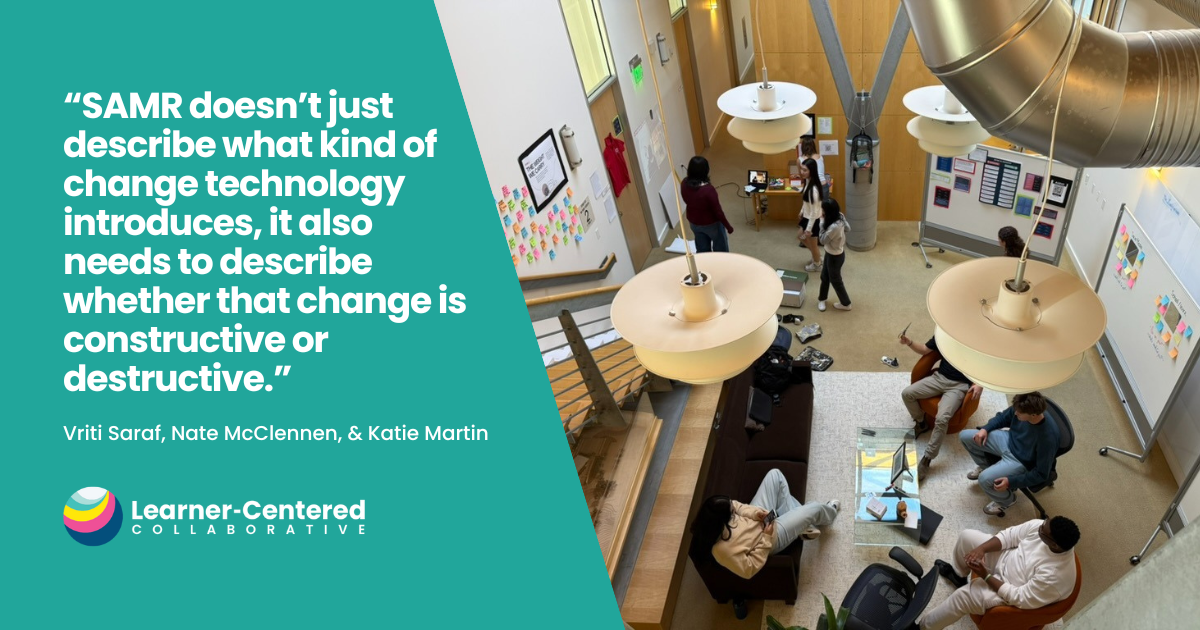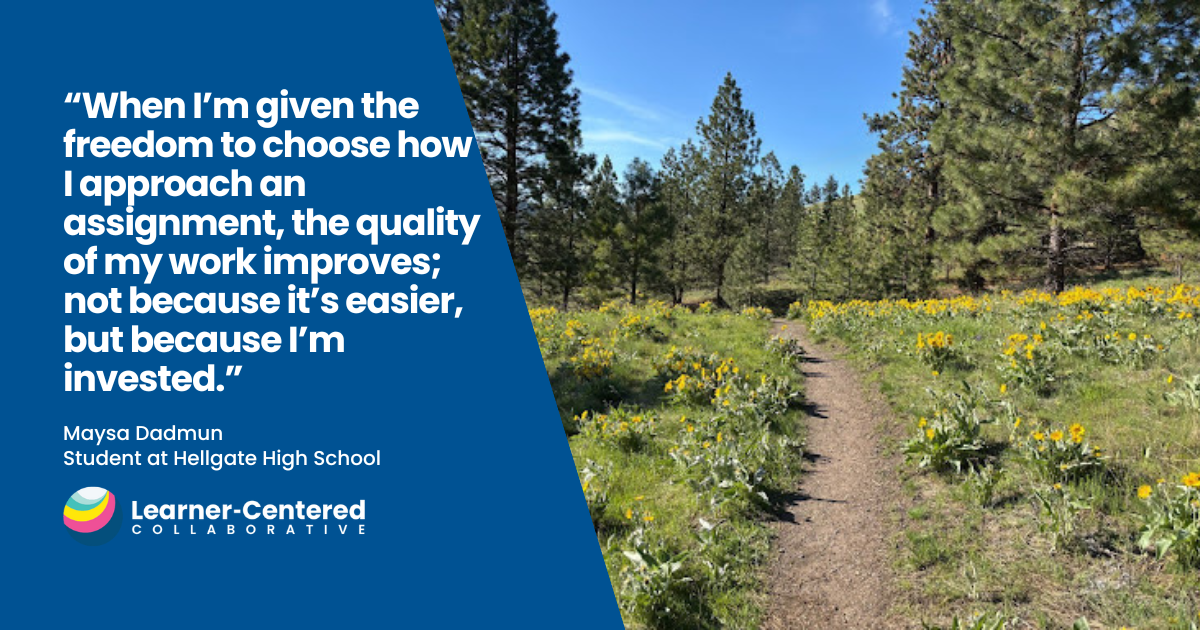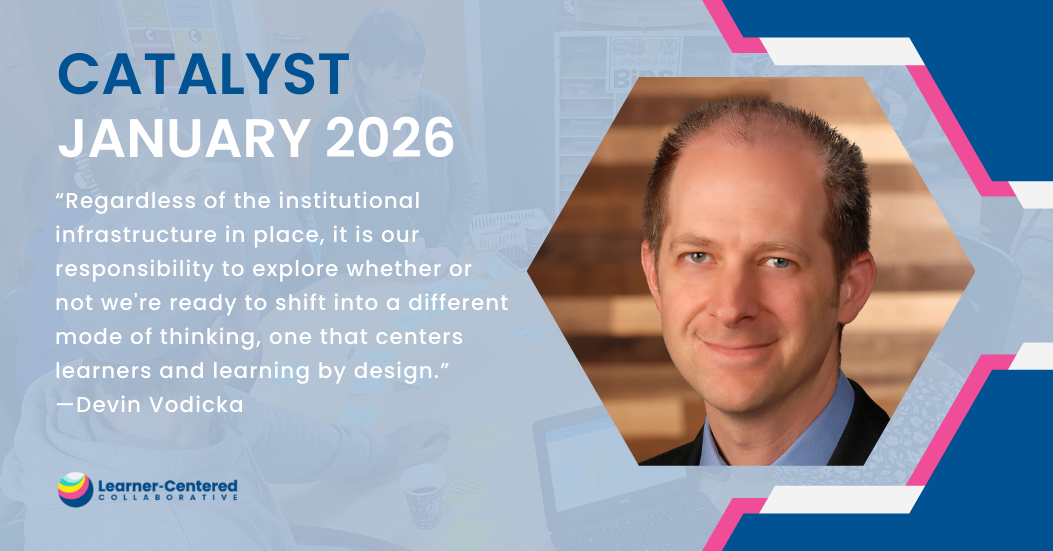Homegrown Talent: The Strategic Importance of Internal Growth Pipelines in Education
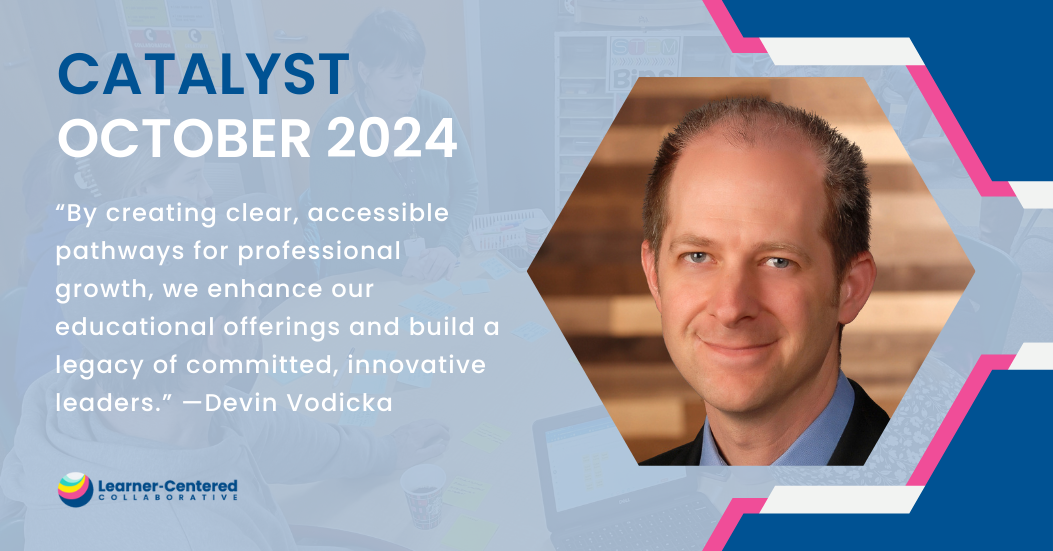
In today’s rapidly evolving educational landscape, district leaders face the dual challenge of retaining top talent and ensuring effective leadership succession. Developing robust internal growth pipelines is not just a strategy for retention but a crucial aspect of fostering a culture of continuous professional development and career advancement.
A well-structured internal pipeline equips educators with the skills and opportunities necessary to advance within their current system—boosting job satisfaction and retention. By investing in the growth of their own staff, districts can cultivate a committed, knowledgeable workforce poised to take on leadership roles as they open up.
Professional Development Gone Awry
My awakening to the profound impact of internal development pipelines and learner-centered professional development principles came from a challenging experience early in my career. As the newly appointed Curriculum Director, I was tasked with organizing district-wide professional development for nearly 1,000 teachers. I began this role in July and needed to design a multi-day PD experience to kick off the new academic year in August.
The timing and lack of people resources (due to summer break) were less than ideal, but I thought I had a reasonable solution—bring in some external speakers, rotate teachers to each speaker throughout the two days, and hope for some quality learning moments. The result? After the two days, survey data showed the majority of educators felt worse off in terms of their professional acumen than they did before engaging in the sessions.
There were sessions where hundreds of teachers would sit for two or three hours in a purely “sit-and-get” fashion. It couldn’t have been further from a learner-centered approach. As soon as those two days were over and the survey data was clear—not to mention what I heard informally—I jumped right into strategizing a brand new approach to what our professional learning experiences would look like moving forward.
Building Educator-Driven Growth Pathways
The transformation began with a shift towards educator-driven professional learning that was co-created with educator design teams, personalized to in-the-moment educator needs, and continuous throughout the year. Rather than confining professional development to sporadic, impersonal, large-scale sessions, we established cohorts of educators at various career stages, from aspiring teachers to potential district leaders, focused on specific competencies and skills necessary for each level of advancement.
This model not only aligned professional development with actual career paths but also allowed us to transition from relying heavily on external hires to filling leadership positions. The benefits of this approach extended beyond individual growth, fostering a district-wide ethos of collaborative learning and mutual support.
Overcoming Obstacles to Setting Up Internal Growth Pipelines
The most common barriers to establishing such pipelines often include perceived time constraints. However, the long-term benefits of a well-developed internal pipeline—enhanced consistency in leadership, deepened institutional knowledge, and improved educator morale—far outweigh these initial challenges. And, the best way to overcome them is to bring together the people it directly affects and co-design solutions that make sense for everyone as individuals and as a collective organization.
Balancing Internal Development With External Insights
One point I want to emphasize is that while nurturing internal talent is crucial, it’s also essential to maintain a balance by integrating fresh perspectives from outside the district. There is immense value in bringing in external educators who can inject new ideas and practices that enrich the existing knowledge base, ensuring the district remains dynamic and adaptable to new educational challenges.
Sometimes this might be full-time hires, while other times it might be short-term consultancies, and other times still it might be getting your team to collaborate with educators from neighboring districts, other states, and even other countries.
A Call to Action: Embrace Developmental Leadership
As educational leaders, we must embrace the concept of developmental leadership, where we view every educator’s development as a stepping stone to broader organizational success. By creating clear, accessible pathways for professional growth, we enhance our educational offerings and build a legacy of committed, innovative leaders.
Developing internal growth pipelines is a strategic imperative for school districts aiming to retain talent and enhance their educational impact. By fostering an environment where educators have clear pathways for advancement and the support to pursue them, districts can ensure a future where both students and teachers thrive under the guidance of skilled, experienced leaders.
